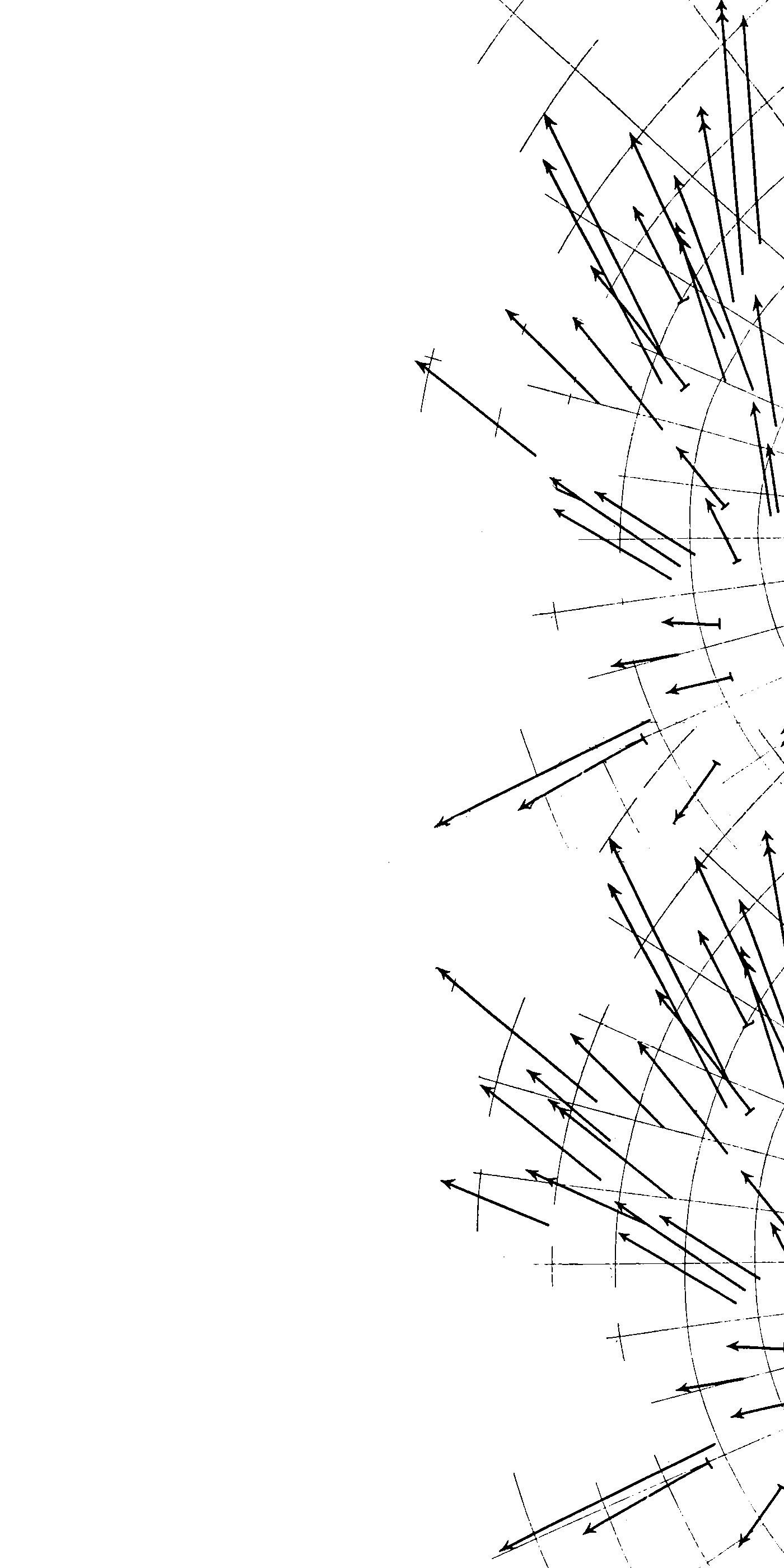
Eve
IN COLLABORATION WITH GOOGLE CREATIVE LAB
Date: 2018/2019Core collaborators: CHOREOGRAPHY: Kristen McNally | PERFORMED BY: Kristen McNally, Lukas Bjørneboe Brændsrød | Design: Will Duke | MUSIC: ‘November’ by Max Richter, performed by BBC Symphony Orchestra | GOOGLE CREATIVE LAB AUSTRALIA: Tea Uglow, Jonathan Richards, Sean Kelly, Samantha Cordingley, Sarah Nagorcka, Kirstin Sillitoe,
Jude Osborn | MOTION CAPTURE: Centroid | CHARACTER RIGGER: David Cowles-Brooks.Location: UK / Australia ArtForm: BalletTechnology: AR A ballet dancer appears on the paper tabletop theatre and begins to grow. As you and other viewers step around the table, the dancer remakes, remodels and rediscovers herself – like a digital Eve exploring all the possibilities of her body in a new world.
Eve began as a series of conversations with Tea Uglow of Google Creative Lab, which sparked the idea of putting on a kitchen- table ballet – a shared theatrical experience using augmented reality (AR). The end result was a choreography for digital dancers that stretched the possibilities of the human body, all staged within a physical paper theatre you could watch from any angle, alone or with others.
We partnered Google’s expertise with our knowledge of stagecraft and the choreography of The Royal Ballet’s Kristen McNally. Together we tried out other AR experiences, exploring the possibilities and limitations while talking about choreography and bodies in space.
To gather the raw data for a tabletop performance, Kristen choreographed a short ballet that would be recorded through motion capture. Kristen was an ideal travel companion at this early stage of Audience Labs. She embraced the traditions of ballet and the characteristics of AR while experimenting with the capabilities of her own body.
When the team searched for creative opportunities to use the digitised dance
in ways that might surprise and move audiences, they were attracted by how technology enabled Kristen to break through the barriers that constrain what is possible in a physical performance. As Eve, Kristen shrinks, grows, multiples herself, creating an atmosphere of weather about her, even conjuring her dance partner (Lukas Bjørneboe) into being. When Kristen and Lukas perform a classic pas-de-deux jump – a dance duet in which Lukas supports Kristen as she leaves the ground, Lukas’s body is absent. Kristen, unsupported
and seemingly defying gravity, therefore transforms into a woman who is able to jump higher than humanly possible. The move represents a new form of choreography, but one that is still recognisable.
While the project team employed technology to push the limits of dance, Eve also explored the nature of the stage itself. The Google team spent a lot of time making the dance work on the physical stage. They dealt with complex problems like scale and occlusion, so you could watch from any angle, sharing a synced experience with other audience members. Echoing Kristen’s bodily transformation, theatre designer Will Duke’s striking, paper-based setting on a tabletop challenged what a performance space could be.
The choreography and motion capture data from Eve later became the starting point for The Rules Do Not Apply, a project where digital artists were given access to the motion-capture data and invited to respond in their own way.



